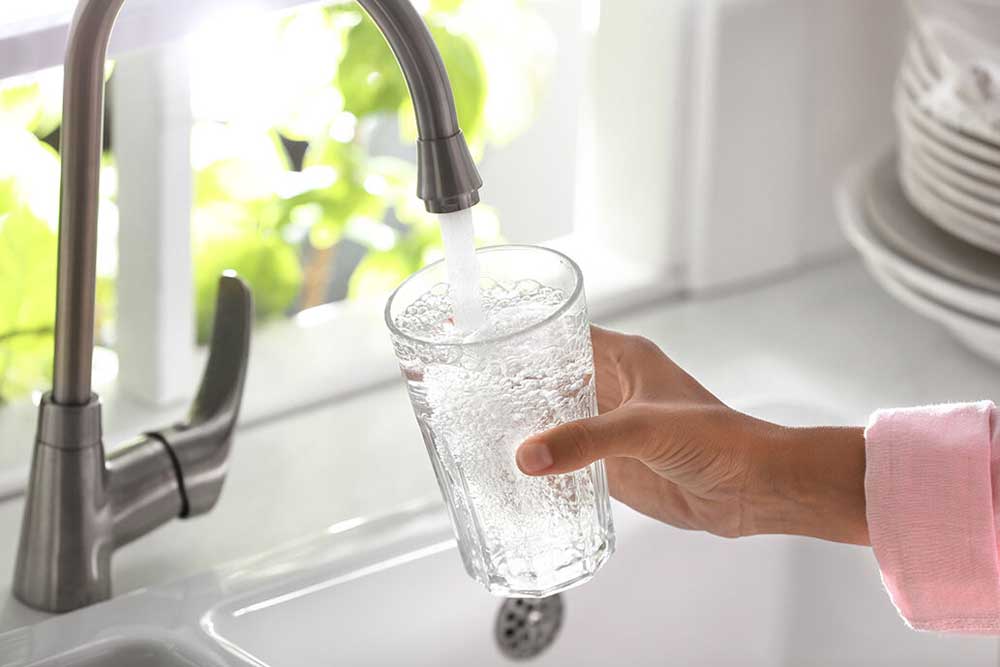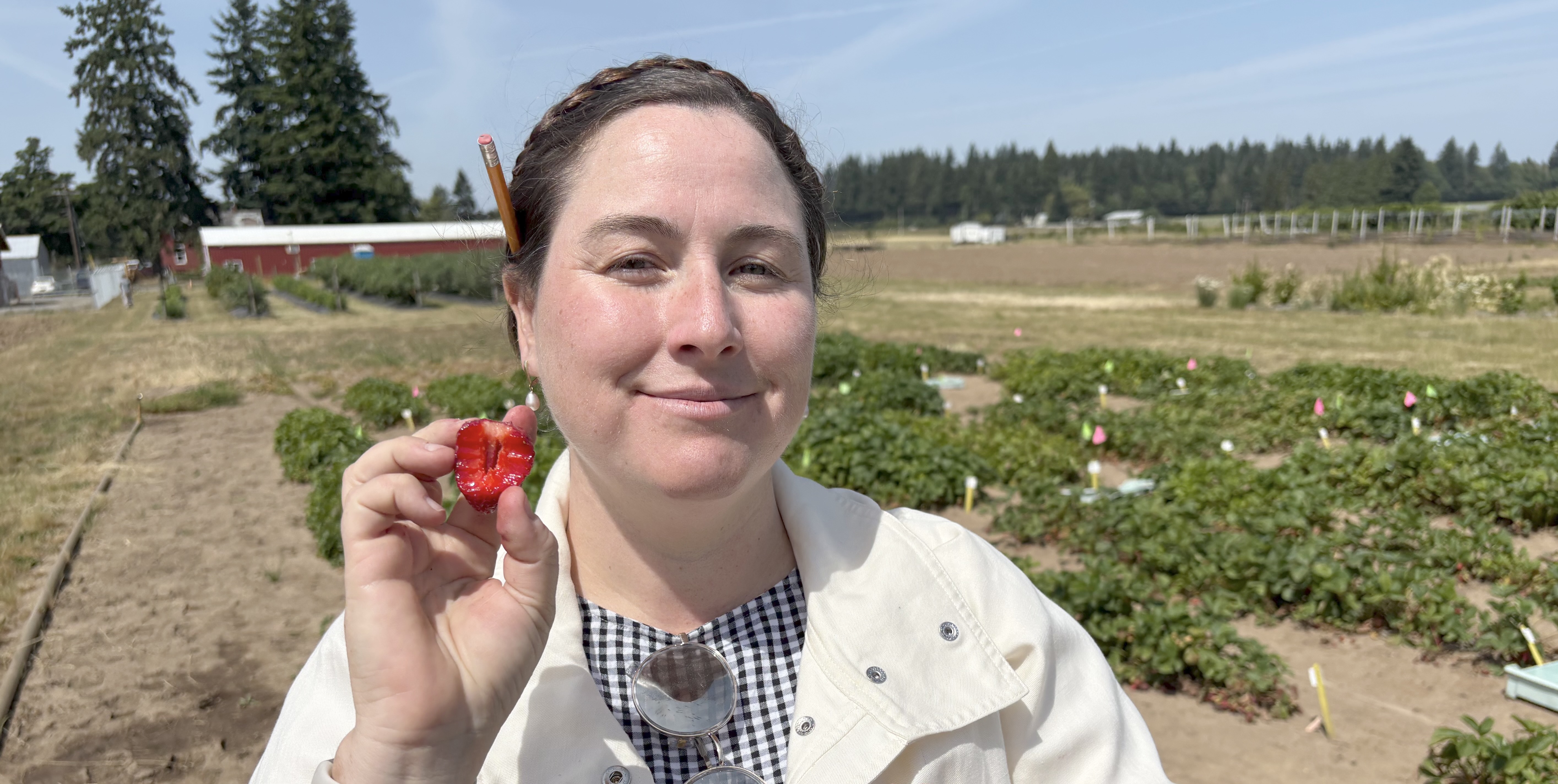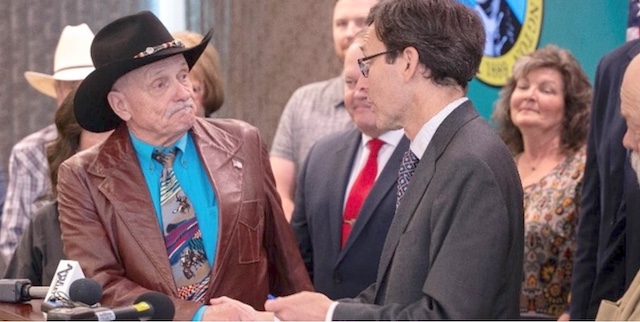Washington farm groups cry ‘foul’ as health officials rewrite water policy
Published 2:15 pm Wednesday, July 24, 2024

Washington farm groups Tuesday asked the state Health Department to drop its plans to more closely regulate drinking water systems that serve up to four residences and 25 people on one farm.
At the request of the federal Environmental Protection Agency, state health officials plan to require the farms to apply every five years to be exempt from being regulated as a public water system.
The policy arises from EPA’s concern about unregulated water systems that serve more than 25 people, according to the department. The concerns originated in the Yakima Valley, according to the department.
The Health Department plans to impose requirements on farms statewide not found in state law, Washington State Dairy Federation policy director Jay Gordon said.
“They are not the Legislature. They do not write laws. If they try to do this, we have a number of actions we can take to stop it,” said Gordon, mentioning two — going to lawmakers or going to court.
The Legislature in 1991 adopted the “same farm exemption,” allowing a farm to supply water to up to four residences and for up to 25 people without meeting the engineering standards of a public water system.
To get the exemption, farms only need to sign a one-time, one-page notarized affidavit, according to a policy the Health Department adopted in 1995.
The department plans to expand the policy and require farms to report every five years the source of water, the type and number of connections, and the number of people served.
“DOH is updating this policy primarily to address concerns expressed by EPA that Washington state is not meeting the minimum requirements of federal law,” Health Department spokeswoman Marisol Mata Somarribas said in an email Tuesday.
EPA spokesman Bill Dunbar said in an email Wednesday the agency is concerned some Washington farms are supplying water to more than 25 people for at least 60 days a year and are not being regulated, as they should be under the federal Safe Drinking Water Act.
The EPA intends to ask the department to ensure systems meeting the federal definition of a public water system are regulated, he said.
The Health Department doesn’t know how many farms statewide will be affected by the new policy, nor does it know how long it will take to review water facilities inventories and renew the exemption, according to Somarribas.
Some 14 farm groups, including the Washington Farm Bureau, sent a letter to Health Secretary Umair Shah on Tuesday complaining the department was changing state law through a policy statement.
Unlike a law or regulation, policy statements don’t go through a formal public comment period or a cost analysis.
If the Health Department wants to change the same farm exemption, it should go to lawmakers, Gordon said. “Join us in Olympia,” he said. “That’s the way the process works.”
Meeting the engineering standards for a public water system could cost $20,000 to $25,000, farm groups estimate. The Health Department did not have an estimate.






